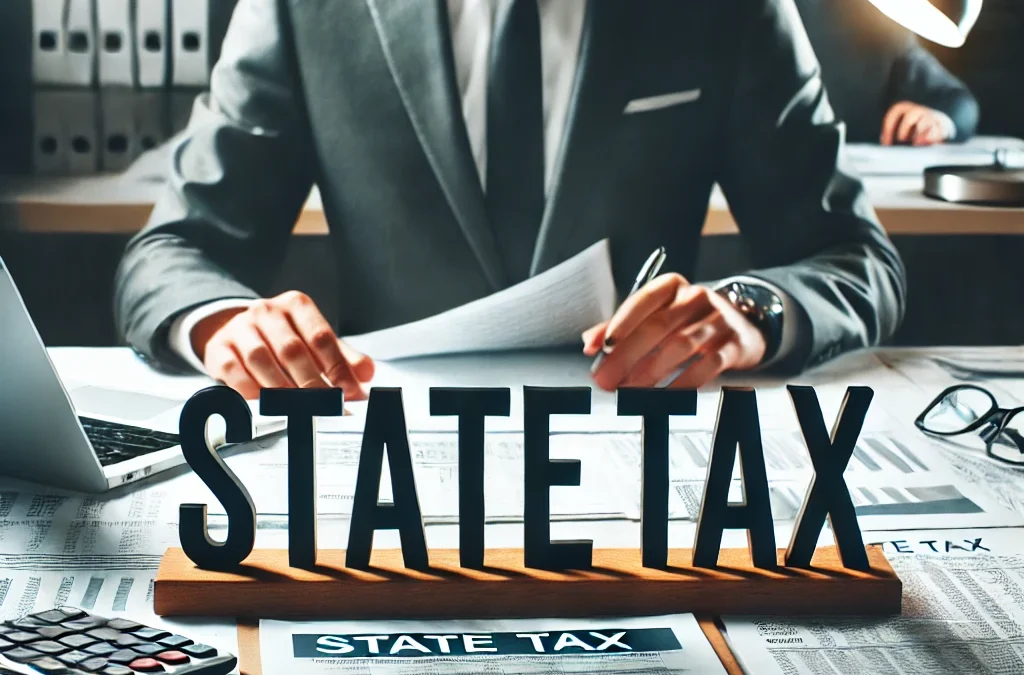Introduction
The State Professional Tax or SPT is an additional tax for every individual receiving a monthly salary that is defined under by the Constitution of India. The tax is called ‘professional’ but it encompasses wider groups of people which includes salaried individuals, freelancers and self-employed businesses.
Legal Framework
As stated in Article 276 of the Constitution of India, different states have the autonomy to establish their own rules and regulations guiding the collection of professional tax. The specific details on amount to be paid and guidelines on restrictions are contained in the respective state Professional Tax Acts. A maximum yearly tax amount that can be applied is capped at ₹2,500.
Applicability
Professional Taxes is imposed on the following groups of people:
- Salaried Employees – Professional tax is due for the monthly employees consummated by the employer who pays it to the relevant state tax department on behalf of the employee.
- Self Employed Individuals – Doctors, lawyers, chartered accountants, consultants, freelancers and other professionals are required to register and pay tax as self-employed individuals.
- Business Owners – Some business entities i.e. sole proprietorships, partnerships, limited liability partnerships, and companies are required to remit professional tax for their employees to the government.
The professional tax is not imposed in every state. States that impose a professional tax include Maharashtra, Karnataka, Tamil Nadu, West Bengal, Gujarat, Madhya Pradesh, and Andhra Pradesh. Some states, like Delhi, Haryana, and Uttar Pradesh, do not levy a professional tax at all.
Professional Tax Slabs
Professional tax slab structures differ from state to state and are usually based on income slabs. Below are some examples for the state of West Bengal on salary:
- West Bengal Professional Tax Slab for Salaried Individuals:
| Monthly Salary (₹) | Professional Tax (₹) |
| Up to ₹10,000 | Nil |
| ₹10,001 to ₹15,000 | ₹110 |
| ₹15,001 to ₹25,000 | ₹130 |
| ₹25,001 to ₹40,000 | ₹150 |
| Above ₹40,000 | ₹200 |
- West Bengal Professional Tax Slab for Businesses and Professionals: Self-employed individuals and businesses are taxed based on their profession or the annual gross turnover. The rates are specified in the schedule appended to the West Bengal State Tax on Professions, Trades, Callings and Employment Act, 1979. Here are some examples:
- Legal Practitioners, Medical Practitioners, Consultants, etc.
- Partnership Firms.
- Companies Registered under the Companies Act etc.
The tax is deducted monthly and is the responsibility of the employer for salaried individuals, while self-employed individuals must pay directly as per the slab applicable to them.
Registration and Payment Process
Employers’ Duties-Businesses employing salaried persons must obtain a Professional Tax Registration Certificate (PTRC) and deduct tax from employees’ salaries before submitting it to the government.
Self-employed Persons-Must register for Professional Tax Enrollment Certificate (PTEC) and pay directly to the government.
The payment is to be made every month, quarterly, or annually, depending on the relevant regulations of the State.
Differences Between Enrollment Certificate and Registration Certificate
One vital difference in professional tax compliance is the existence of the Certificate of Enrollment (PTEC) and the Certificate of Registration (PTRC).
Professional Tax Enrollment Certificate (PTEC): Self-employed individuals such as freelancers, doctors, consultants, and business owners who pay professional tax for themselves require this certificate.
Professional Tax Registration Certificate (PTRC): This certificate is required by employers who deduct professional tax from the salaries of their employees and remit it to the government on their behalf.
Penalties for Non-Compliance
Failure to register, deduct, or remit professional tax can result in penalties, interest on unpaid tax, and legal consequences. Each state has its own penalty structure, typically involving fines and late payment interest.
Exemptions
Some individuals and groups are exempt from professional tax, including:
- Senior citizens (above 65 years)
- Parents of disabled children
- Individuals with disabilities
- Members of the armed forces
Conclusion
Professional tax is a mandatory levy for professionals and salaried individuals in many states. Understanding the applicable rules, registration requirements, and payment obligations helps ensure compliance and avoid penalties. Employers and self-employed individuals should stay updated on their state’s professional tax regulations to meet legal obligations effectively. User can refer
Note: Always consult with a qualified tax professional to tailor these strategies to your personal financial situation and to stay compliant with the tax laws in India.

